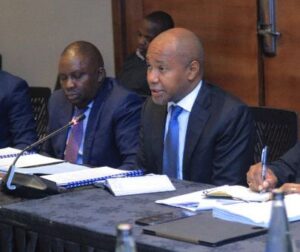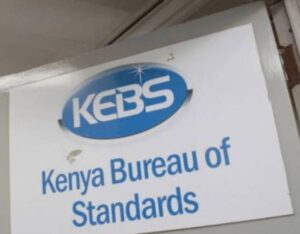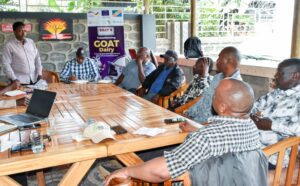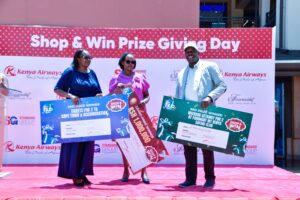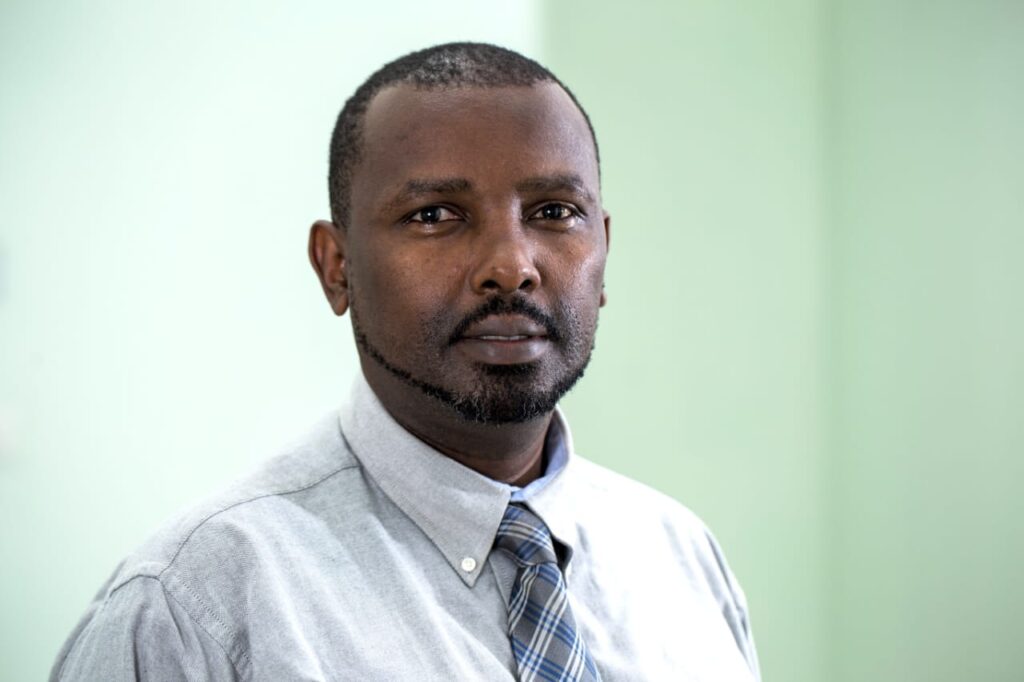
A study aimed at understanding the health and socio-economic implications of population aging in Africa has secured a USD 25 million (Sh3.2 billion) grant from the U.S. National Institutes of Health (NIH).
The Longitudinal Study of Health and Aging in Kenya (LOSHAK) is a joint initiative between Aga Khan University’s (AKU) Medical College, East Africa, and the University of Michigan’s Institute for Social Research (ISR).
While Africa is home to one of the world’s youngest populations, the number of older adults is rising faster than anywhere else, driven by longer life expectancy and greater access to family planning.
By 2050, the continent’s share of people aged 60 and older is projected to nearly triple. In Kenya, the number of older adults is expected to increase fourfold within the next 30 years.
“Thanks in part to improved health services and access, life expectancy in Kenya is increasing. The irony is that these trends create new challenges for the very healthcare and economic systems that enabled them. Now, there is a need to adapt and innovate,” said Joshua Ehrlich, MD, MPH, Paul R. Lichter Research Professor of Ophthalmology and Visual Sciences at U-M and Research Associate Professor at ISR, who is co-leading the project.
The five-year funding will be split between AKU and U-M to conduct large-scale surveys that will examine the drivers of health and economic wellbeing in later life, as well as the long-term implications of shifting demographics.
“These demographic shifts will stress economic systems and create new demands for healthcare delivery, from elder care to chronic disease management and cancer treatments,” said Dr. Anthony Ngugi, PhD, MSc, Associate Professor and Chair of the Department of Population Health at AKU, and Associate Dean for Research at the Medical College in East Africa.
“Looking ahead, policy makers will need the best possible data to understand and care for LMIC populations that look much different from those typically seen today,” Dr Anthony added.
At the core of LOSHAK are two nationwide surveys designed to align with global research networks. The first “Core” survey will cover around 6,500 Kenyans aged 45 and above, collecting data on health, social, and economic wellbeing in more than a dozen local languages. It is modeled after the U.S. Health and Retirement Survey to ensure global comparability.
The second survey will focus on approximately 2,300 older adults, aged 65 and above, in Kenya’s Coast Region, investigating risk factors associated with memory loss, Alzheimer’s disease, and related cognitive conditions.
